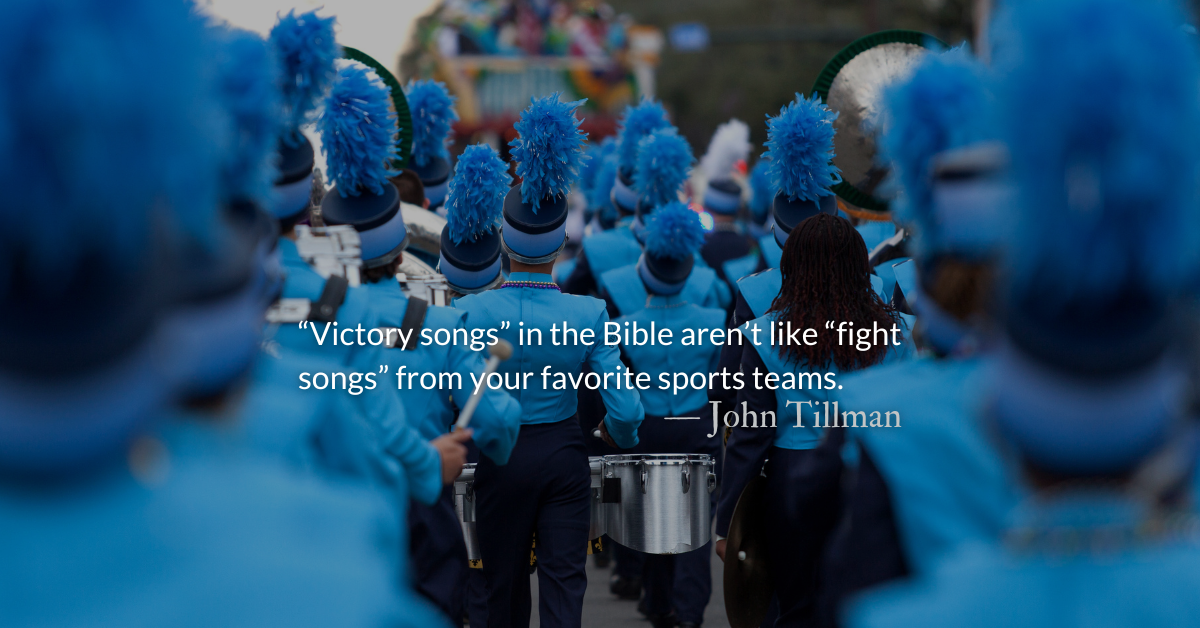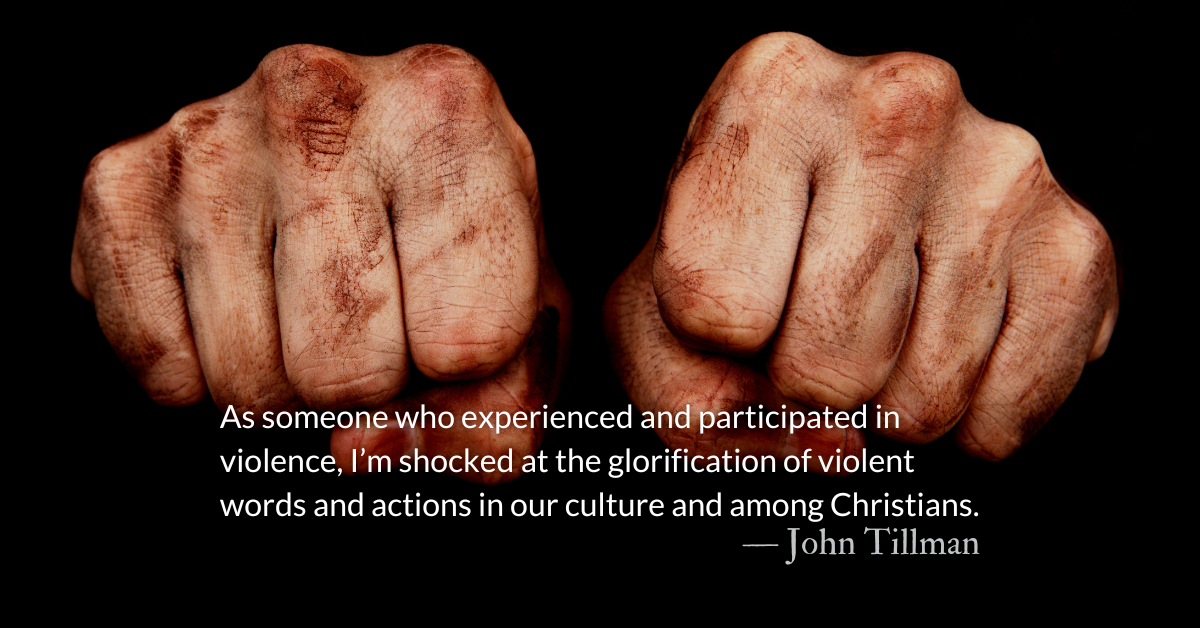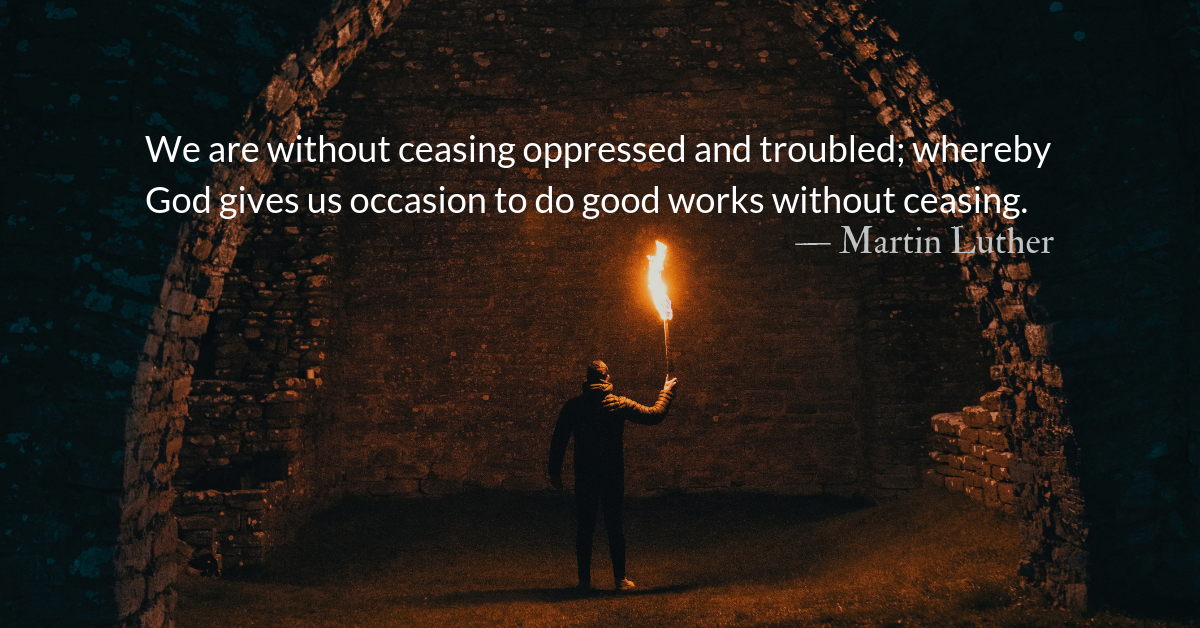Links for today’s readings:
Read: 2 Samuel 22 Listen: (5:22) Read: Psalms 13-14 Listen: (1:43)
Links for this weekend’s readings:
Read: 2 Samuel 23 Listen: (5:38) Read: Psalms 15-16 Listen: (2:03)
Read: 2 Samuel 24 Listen: (4:48) Read: Psalms 17 Listen: (1:58)
2 Samuel 22.1-37
1 David sang to the Lord the words of this song when the Lord delivered him from the hand of all his enemies and from the hand of Saul. 2 He said:
“The Lord is my rock, my fortress and my deliverer;
3 my God is my rock, in whom I take refuge,
my shield and the horn of my salvation.
He is my stronghold, my refuge and my savior—
from violent people you save me.
Psalm 18.1
1 I love you, Lord, my strength.
Reflection: Whose Victory Songs?
By John Tillman
David’s victory song from 2 Samuel 22 is also recorded as Psalm 18, with one added line: “I love you Lord, my strength.”
“Victory songs” in the Bible aren’t like “fight songs” from your favorite sports teams.
This past weekend, retired NFL center Jason Kelce made a surprise cameo playing saxophone in the “Marching Ravens” band. The Ravens went on to win the game. Like Kelce, I played saxophone in my high school band. Unlike him, I continued in college.
Marching bands play the same songs regardless of the outcome on the field. Bands play fight songs even when their teams have very little fight. Bands play victory songs even when the team is losing. Fight songs proclaim their team’s might, even when they are weak and threaten defeat to opponents that, short of a miracle, the team will never outscore. Sometimes, we had such a great time playing, the score didn’t matter. Bands raise the spirits of the crowd, not the score on the board.
Even though victory songs in the Bible are not focused on the earthly scoreboard, they are not oblivious to or disconnected from the outcomes on the field like stadium fight songs are. They aren’t just trying to raise spirits and ignore the score. They acknowledge crushing losses. They tell the truth about hopeless situations. They do not downplay the dominating strength of our opponents or the imminent danger of defeat.
David’s victory song is honest. He was in trouble. There was no escape. His strength was gone. Then, God showed up. God shook the foundations of the earth with his steps, scattered lightning from his fists, and spewed smoke and fire from his nose and mouth. There was no doubt whose victory this was.
David testified that the Lord became his strength. Biblical victory songs are about God’s victories, not ours. However, when we trust in God, he gives to us from his strength and shares with us his victories. You don’t need strength when life is easy. Muscles atrophy without strain. Therefore, you can only experience God’s strength when life is impossible without it.
Whatever your life’s scoreboard reads, sing biblical victory songs to God without skipping any stanzas of hymns of heartbreak. Let harmonies of hardships ring. When God brings you his victory and strength say with David, “I love the Lord, my strength.”
Divine Hours Prayer: The Call to Prayer
Search for the Lord and his strength; continually seek his face. — Psalm 105.4
– Divine Hours prayers from The Divine Hours: Prayers for Summer
by Phyllis Tickle
Readers’ Choice is here!
Readers’ Choice is the time for you to share your favorite Park Forum posts from the year.
What post helped you deal with loss?
https://forms.gle/aSD7X5psHqjSMtBFA
Listen to: Victory Over Violence
Violence is not a solution to disputes or conflicts. It normally escalates rather than de-escalates.




